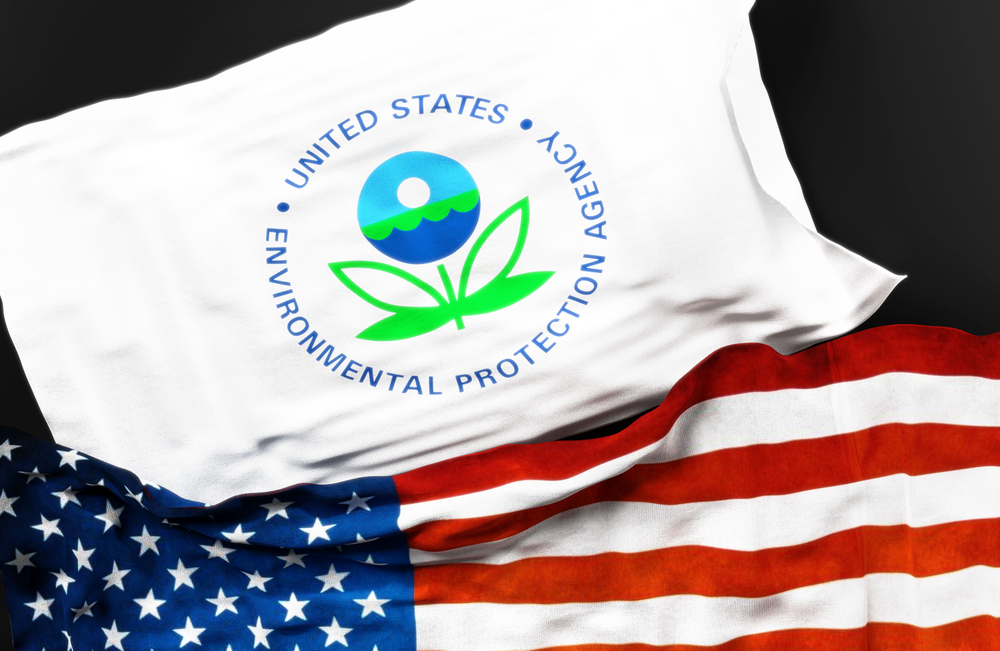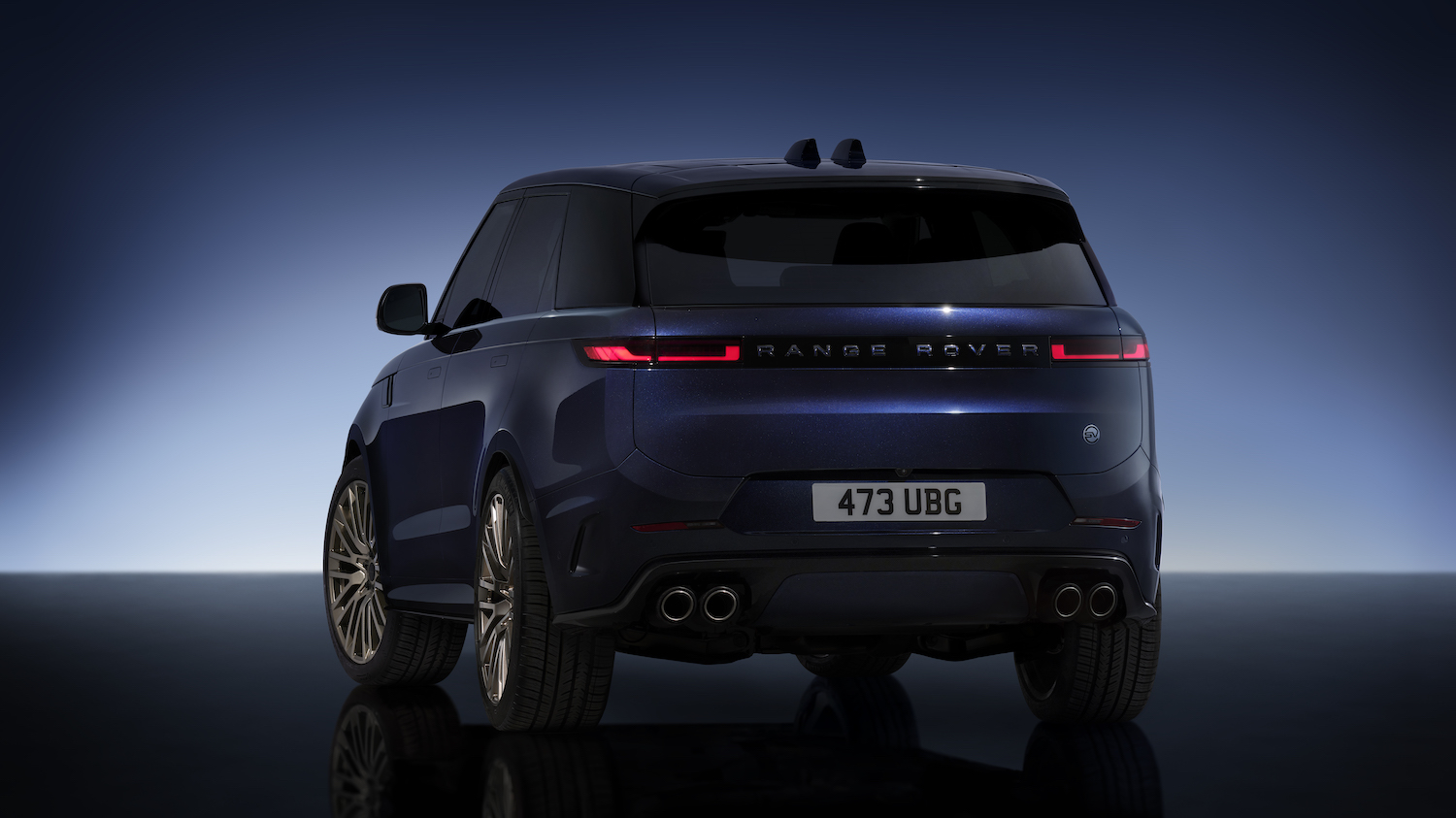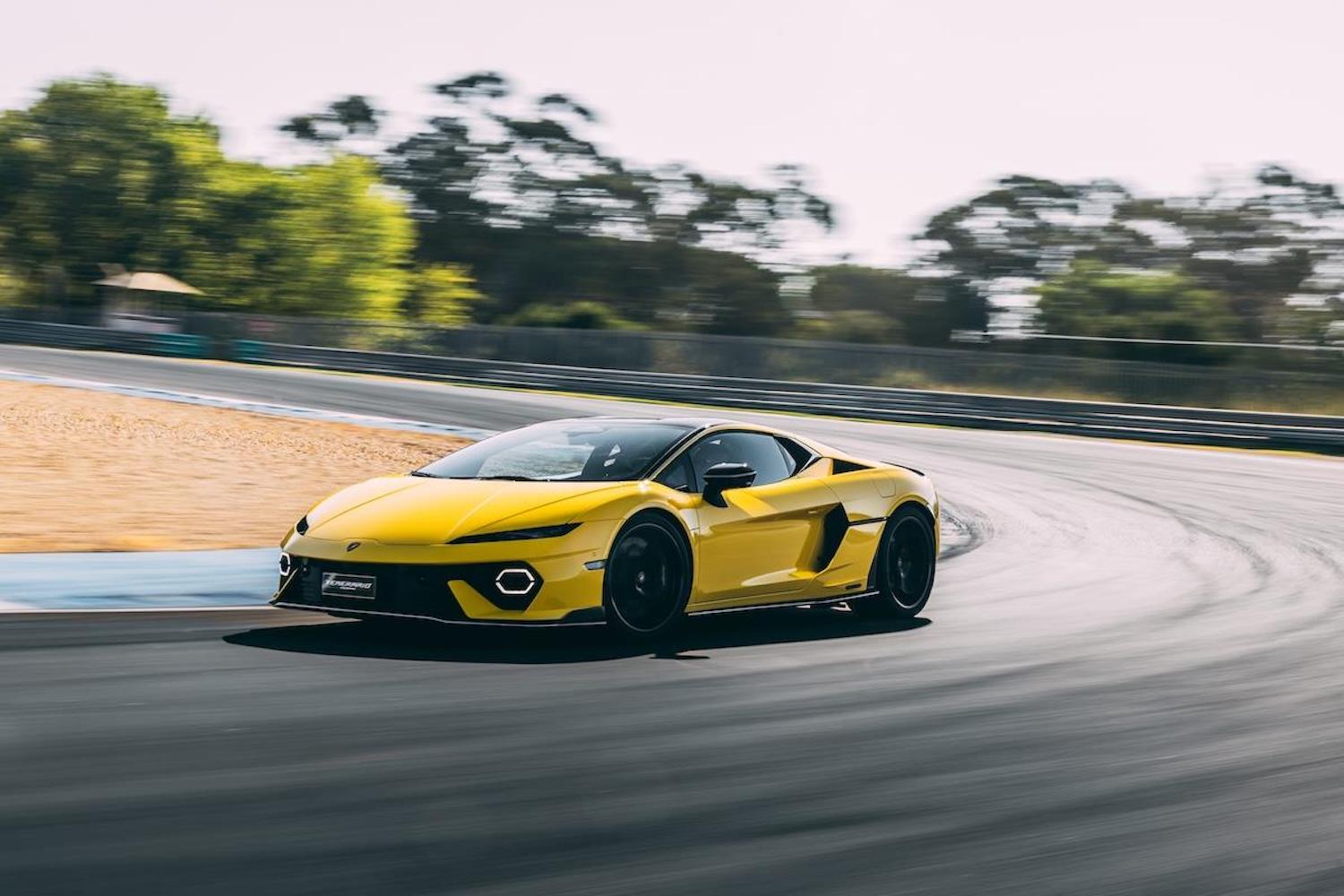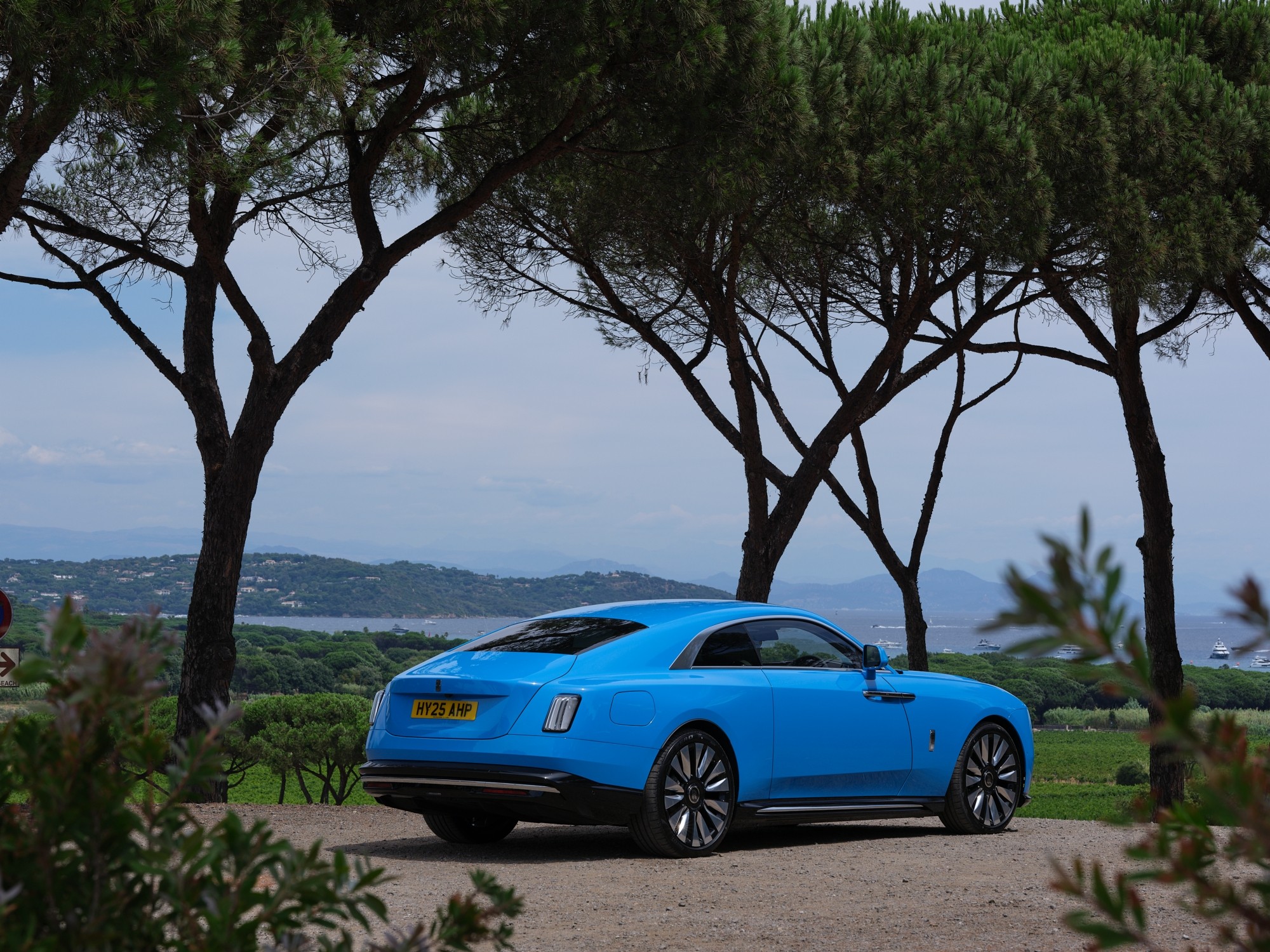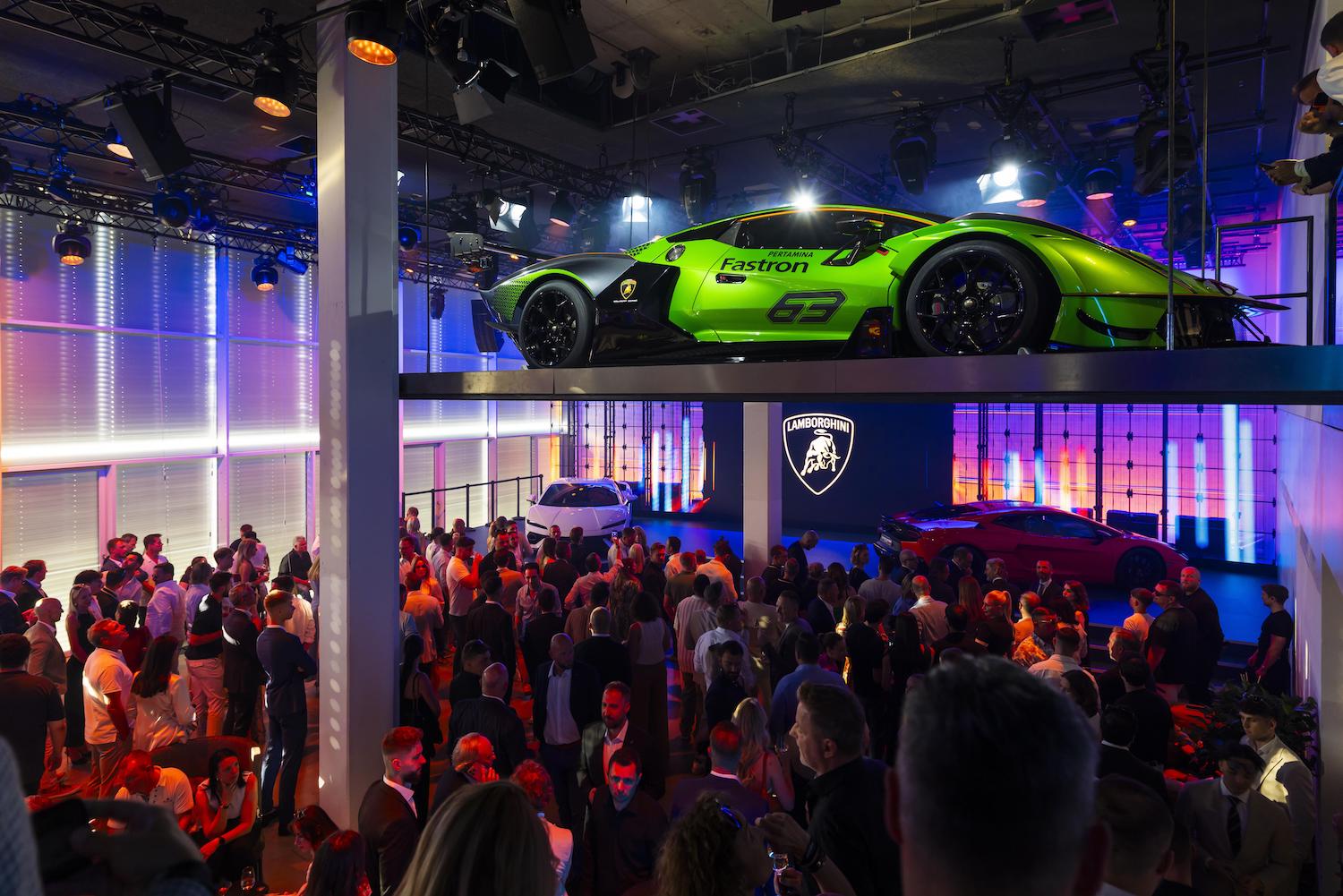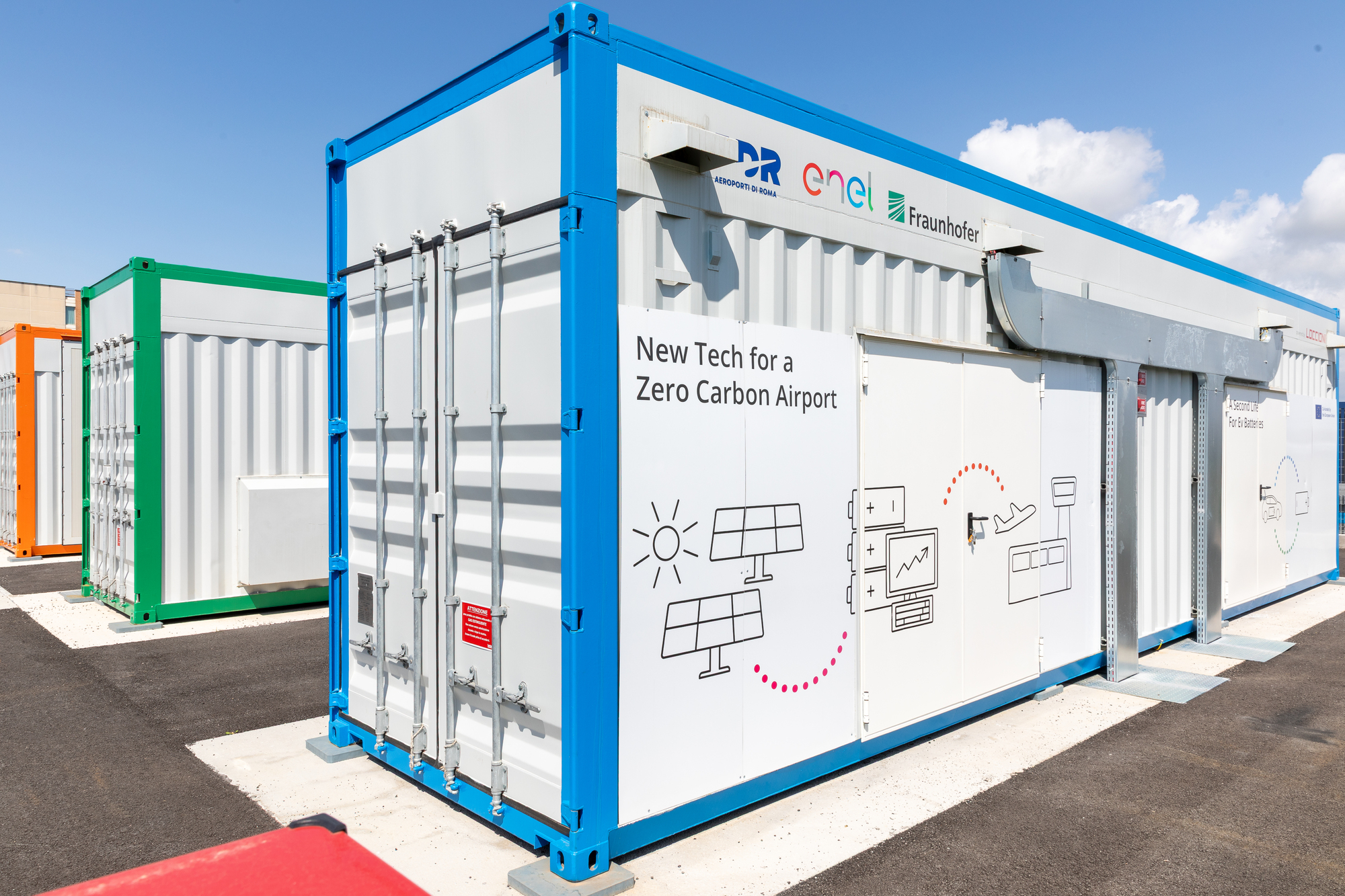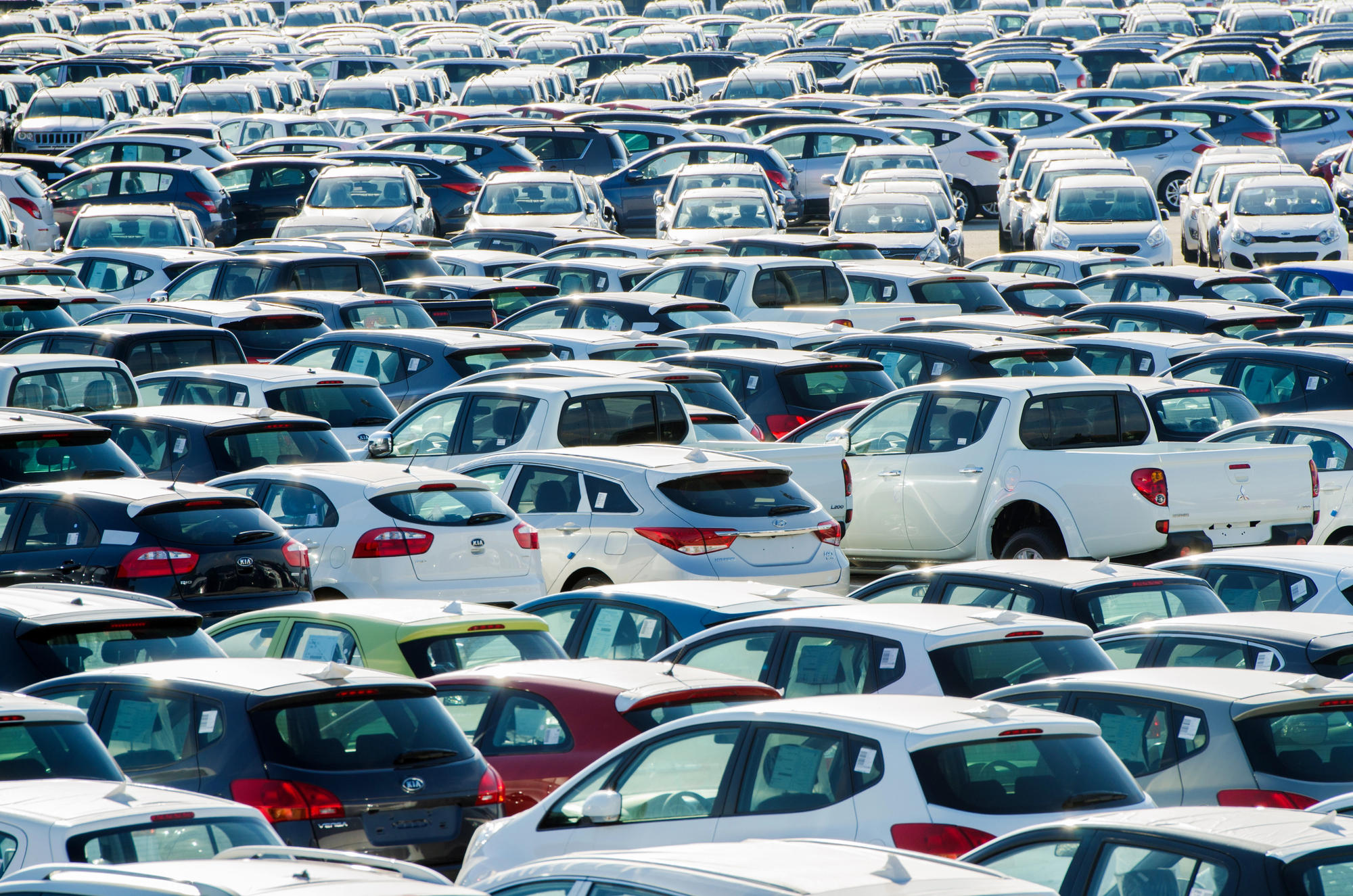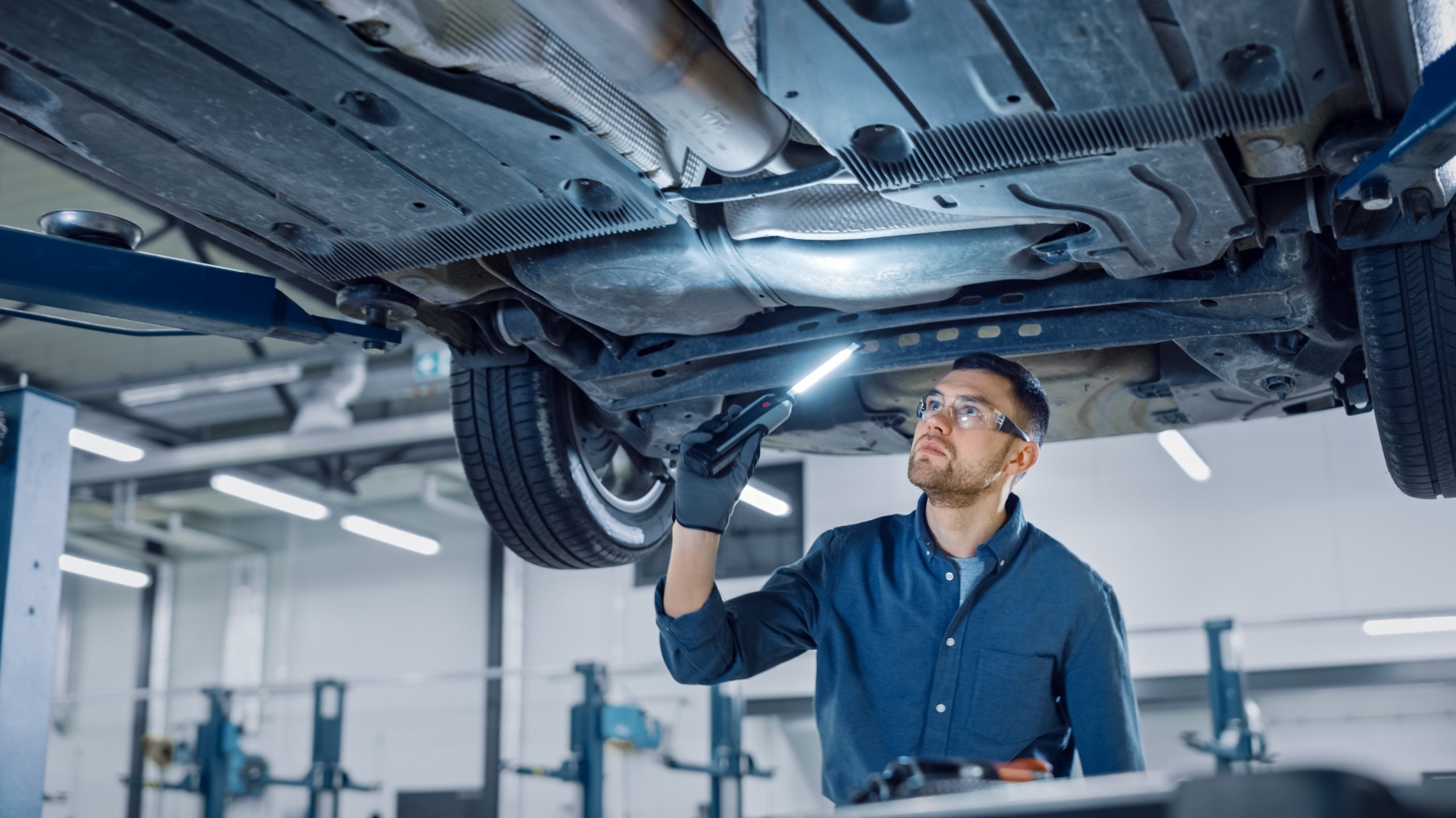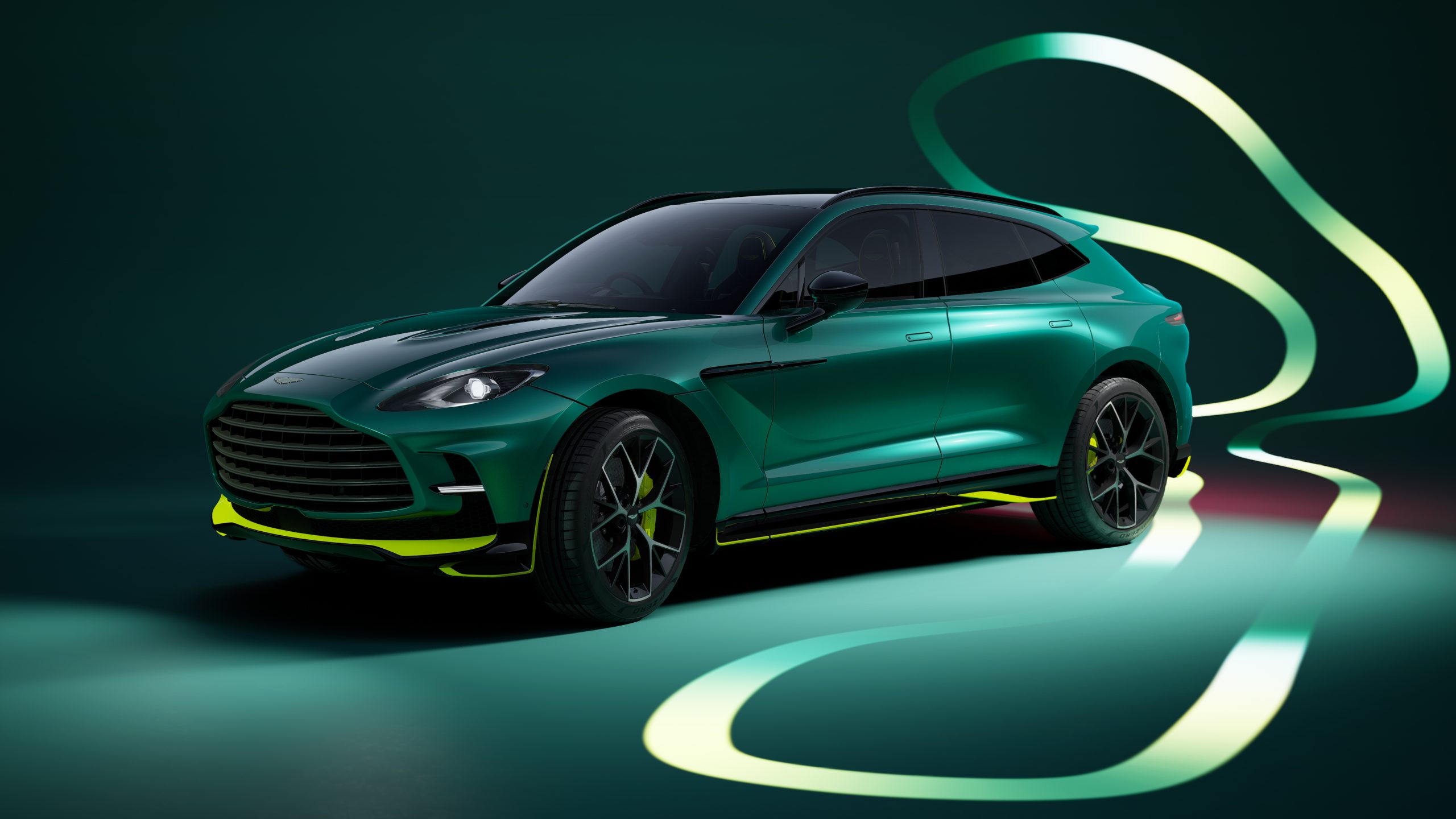BMW Group Plant Regensburg launches hydrogen-powered logistics fleet
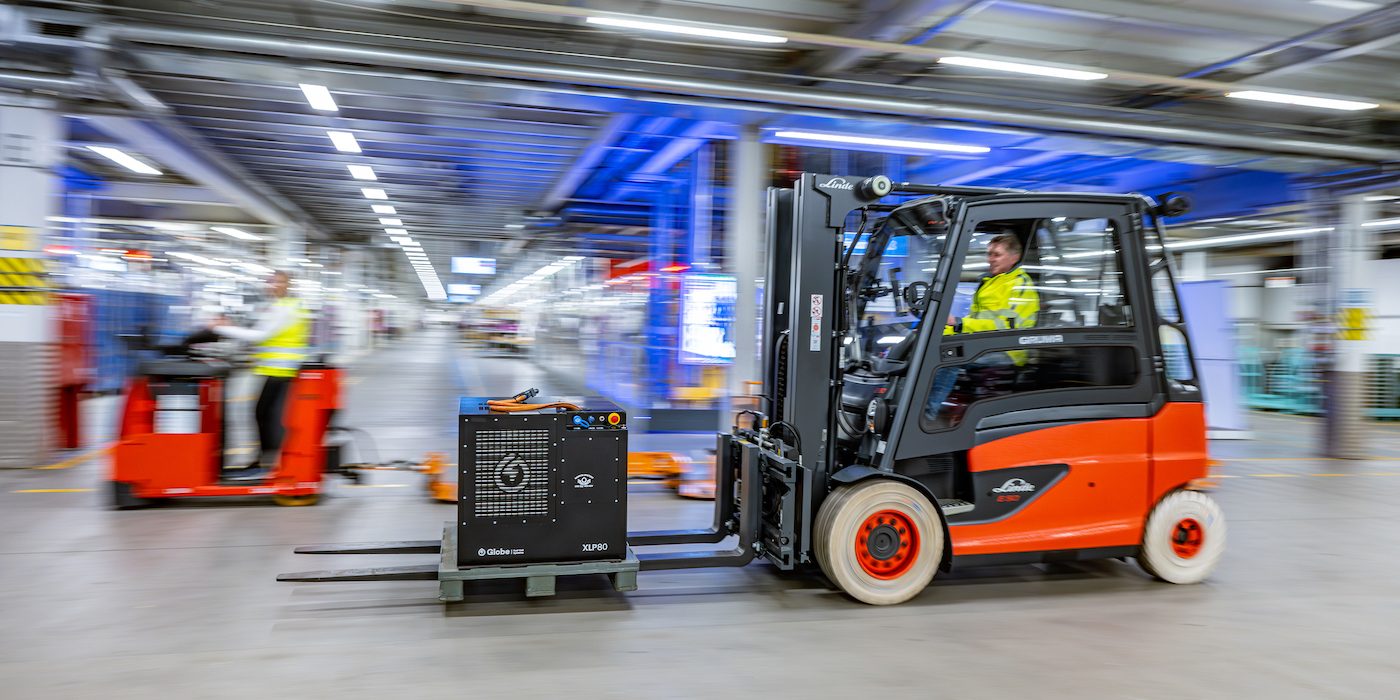
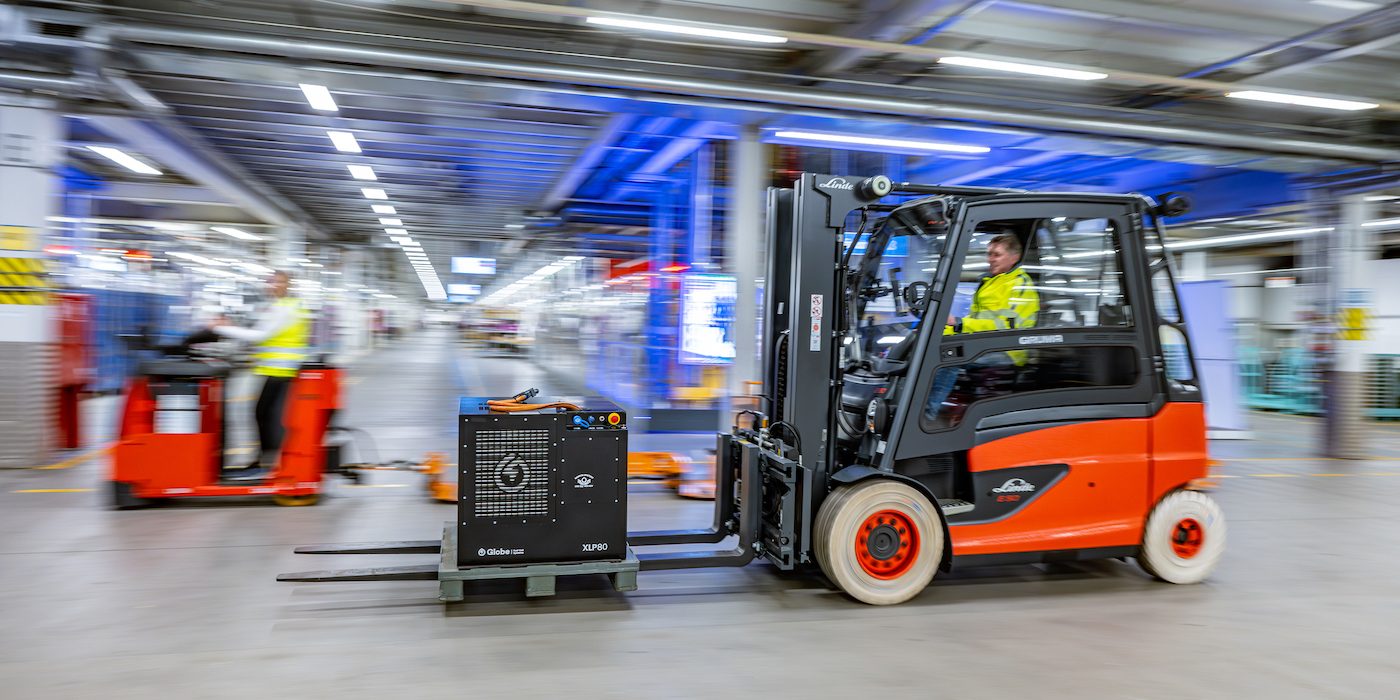
BMW Group Plant Regensburg plans to utilise hydrogen for its production logistics going forward. Starting in 2026, hydrogen-powered tugger trains and forklift trucks will be deployed for all transport and logistics tasks. This includes operations in the press shop, body shop and assembly, ensuring that the necessary components and individual parts are delivered to the correct locations for installation.
The project aims to capitalise on the benefits of hydrogen propulsion. “The gradual transition from electric to hydrogen propulsion brings us another step closer to the BMW iFACTORY, our digital and sustainable factory of the future,” says Armin Ebner, head of BMW Group Plant Regensburg.
“Switching production logistics from electricity to hydrogen will diversify our plant’s energy mix – while optimising logistics processes and saving valuable space,” explains Project Manager Katharina Radtke. “The advantage of hydrogen is that refuelling is very fast – just like with conventional fuels. The filling stations required for this will be installed directly within the different production areas and do not take up much space.”
The entire logistics fleet at the Regensburg plant is currently being equipped with electric drive trains. The batteries used in the industrial trucks need to be changed twice per shift. Battery replacement, which is performed manually using a crane, takes about 15 minutes and requires space.
To ensure the wide-scale supply of hydrogen in the future, BMW Group plant Regensburg will install a two-kilometre-long pipeline network, with six decentralised filling stations, between now and early 2026. These stations will supply the logistics fleet in the various production areas with hydrogen, delivered in special trailers that can also be used for interim storage. “Once the conversion is completed, our annual hydrogen consumption will be around 150 tonnes,” says Radtke.
The logistics fleet at BMW Group Plant Regensburg currently comprises about 230 tugger train haulers and forklift trucks. The transition will be completed in stages by 2030.

